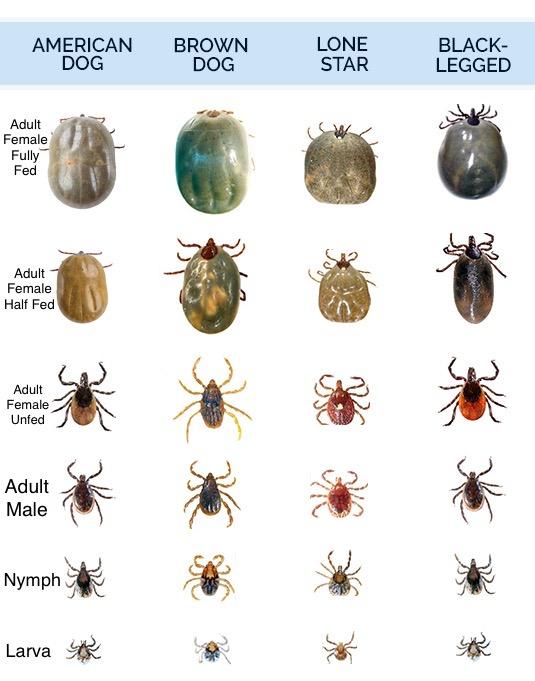Pet Tick Prevention
Welcome to the Animal Hospital of Tiffin, where we prioritize the health
and happiness of your beloved pets.
Pet Tick Prevention in Tiffin, OH
Our comprehensive services include specialized care for pet tick prevention, ensuring your furry companions remain protected from the risks associated with tick-borne diseases.
Pet Tick Prevention
Ticks are more than just a nuisance; they pose significant health risks to pets by transmitting diseases such as Lyme disease, ehrlichiosis, and anaplasmosis. Preventing tick bites is essential for safeguarding your pet’s well-being and preventing potentially serious illnesses.
At the Animal Hospital of Tiffin, we offer a range of services to effectively prevent and manage tick infestations.
Tick Preventive Products: Our clinic provides access to safe and effective tick-preventive products, including topical treatments, oral medications, and tick collars. These products are designed to repel and kill ticks, reducing the risk of tick-borne diseases.
Customized Prevention Plans: Each pet is unique, and their tick prevention needs may vary. Our experienced veterinarians create personalized prevention plans tailored to your pet’s lifestyle, health status, and environmental factors.
Regular Wellness Examinations: Tick prevention is integrated into our routine wellness examinations. During these check-ups, our veterinarians assess your pet’s overall health and discuss any concerns or changes in tick activity.
There are indeed various types of ticks that can affect pets, each with its own characteristics. Here are a few common types:
American Dog Tick (Dermacentor variabilis)
Lone Star Tick (Amblyomma americanum)
Widely distributed in the southeastern and eastern United States, lone star ticks can transmit diseases like ehrlichiosis and tularemia.
Brown Dog Tick (Rhipicephalus sanguineus)
Known for infesting dogs indoors, these ticks can adapt to various environments. They are a common vector for diseases like canine ehrlichiosis and babesiosis.
Black-Legged Tick (Ixodes scapularis)
Also known as the deer tick, it is prevalent in wooded areas. Black-legged ticks can transmit Lyme disease, anaplasmosis, and babesiosis.


